Drive, He Said
Ever since the United States barged on to the world stage, like a prodigiously gifted but awkward infant, writers have been producing smart, searching, occasionally revelatory books about the promise and the horrors of the American experiment. And no wonder: few protagonists can compete with what journalist John Gunther, in his classic 1947 travelogue, Inside U.S.A., called, “the greatest, craziest, most dangerous, least stable, most spectacular, least grown-up and most powerful and magnificent nation ever known.”
In recent years, though, that steady stream of books about America became a torrent. In James and Deborah Fallows’s Our Towns, Jill Lepore’s remarkable one-volume history, These Truths, and hundreds of other titles, authors have waxed poetic, raged, mourned and marveled — as if at a runaway train, on fire, filled with murder hornets — at Uncle Sam in the MAGA age.
Now comes Tom Zoellner’s The National Road, an offering that fits neatly into the welter of recent, very good books about America, and yet lives agreeably apart, too. A slender, powerful volume of essays — “Dispatches From a Changing America,” per its regrettably bland subtitle — The National Road is neither prescriptive, nor despairing, nor bug-eyed with indignation. Perhaps because its essays were written over several years, the collection instead comes across as thoughtful, unhurried and even (hold on to your Stetsons) deeply and simply spiritual.
It’s also a flat-out pleasure to read, as Zoellner crafts passages ranging from punchy to marvelously descriptive to almost painfully evocative — like this one, from the essay “Drive,” a paean to the sense of freedom that comes with slipping “into the car and away”:
There is little I love more than the spell of … a languorous day, a vague forward-looking destination in mind and a full tank of gas. If there is an opportunity to fly, I will not take it unless the schedule makes it mandatory. I have crossed and recrossed the breadth of the United States alone, more or less coast to coast, at least thirty times in the course of twenty years, and I’ve made hundreds of lesser partial crossings across all forty-eight contiguous lower states in the bargain, feeling some unspecified hunger to lay down a coat of invisible paint. All that country means all that driving. Horizon plus time: an exultant combination.
Much of The National Road feels like that — like we’re off on an adventure with a companionable guide who’s just as psyched as we are to see what’s around the bend. And when so many of us have been social distancing and turning our homes into offices, our kids’ classrooms, gyms, the thrill of diving into a book that is all about racing toward those still-magnetic American horizons, engaging with strangers in a bar or an American Legion Hall in a town we’ll likely never visit again, sparks both gratitude and road envy.
Zoellner has written other well-received books on subjects from uranium to a 19th-century uprising in Jamaica. (I highly recommend Train, in which he lives the dream of innumerable humans, and rides the rails all over the globe.) In The National Road, he pulls off the neat trick of writing about porn, Mormonism, COVID-19, bigotry, gambling, immigration, the creepy, explosive growth of the Dollar General discount-store chain and other topics great and small, while somehow saying something meaningful about all 50 states and never veering far from his stated aim: “to paint a picture of ‘American place’ in this uncertain era of political toxin and economic rearrangement.”
In the end, though, The National Road is about “place” the same way that, say, E.B. White’s immortal essay, “Death of a Pig,” is about animal husbandry. Yes, coordinates on a map matter, but not as much as what the people who occupy those coordinates believe about their own history, their livelihoods, their connection (or lack of connection) to their compatriots. Zoellner’s years as a newspaper reporter serve him and the reader well here, as he illuminates the lives of citizens trying to make sense of a country that, so often, seems to have moved on without them. While iconic American landscapes — deserts of the Southwest, the Great Plains, windswept Cape Cod — play central roles, Zoellner’s clear-eyed characterization of our battered, collective American spirit is the deeper mapping at the heart of all of these essays.
Finally, it’s worth noting that the 45th president of the United States is mentioned by name exactly once in The National Road — in large part because, Zoellner told me, he is “irrelevant” to the book’s broader aims. And yet it’s also impossible to read a passage like this one and not understand that the figure who has poured so much bile and unadorned racism into the national discourse over the past four years is a kind of shadowy antagonist, stalking every byway and skulking at every crossroad: “To live as an American [once] was — supposedly — to be under a system designed to maximize the rewards of simply being alive: the love of hard work, the just compensation for invention and risk, the liberty to love and marry at will, the introspection about religion, the safety from leaders who bully and steal.” In Zoellner’s essays, that America survives. Sometimes by a thread — but it’s still kicking.
Zoellner and I spoke by phone two weeks before Election Day 2020. (He was, unsurprisingly, in his car the whole time.) The conversation has been edited for length and clarity.
Benedict Cosgrove: I want to ask you, right from the start, about a line from The National Road that helps explain why the book feels so welcome right now. You write that America can be seen in its best form in “the geographies we don’t stop to notice.” That brought to mind the old line that it’s not the fall that kills you, but the sudden stop. When we’re traveling, it’s not really motion that shapes us, but where we decide to settle, if only for a night. You write wonderfully about travel and movement, but the stopping — the pause between — seems to be the key to everything.
Tom Zoellner: That hadn’t occurred to me, but in a way I think you get at an essential truth about the United States, which is that the myth of a country in constant motion has had sand thrown in its gears. Not just because of the pandemic and that terrible phrase, “shelter in place,” but because even before we got sick, we were slowing down. Americans are moving far less frequently now than at any time since 1950. Our economy, which started to really become unequal with the Reagan tax cuts, further unraveled thanks to the internet and the way that a certain type of person was freed from geography.
People like me.
Exactly. Or like me. With a wi-fi connection, we can live anywhere. That’s not the case if you work in retail, healthcare or any profession that anchors itself to a place. So, paradoxically, geography means less than it ever did in the United States, with regional distinctions leveled out, and geography also means far more.
Because people are staying in place?
Yes. It’s a trend that, no pun intended, has accelerated in the past few decades.
You’ve traveled a great deal. It’s what you do. You write about the mountain peaks you’ve climbed all across America, and the huge number of towns you’ve visited — towns you mention by name throughout the book. A kind of emotional map of your life emerges in these essays. There’s so much motion in the book, in fact, that it might be counterintuitive to think of the moments when we stop as the times when we find out who we are.
I think that’s fair. The road outward is the road inward? That’s not an original observation of mine. Thoreau said that. Paul Theroux has said that. It’s true of people everywhere. Journeys are central to who we are, and there’s an argument to be made that there are really only two stories: a stranger comes to town, and somebody goes on a trip.
Right. In each of them a traveler acts as a catalyst.
Definitely. Sorry, listen to this, Ben. As it happens, I’m driving right now, even in my little pandemic world, and I’m on the street in Pasadena where Eddie Van Halen grew up. There are flowers and votive candles outside the little bungalow, the little piece of America, where his family lived after emigrating here in the Sixties.
That leads nicely to the last essay in the book, and one of my favorites, “At the End There Will Be Strangers,” about the demolition of your grandmother’s house in Arizona. What jumped out at me was the line that your grandma’s house faced “its invariable destiny: it was to be erased.” This is another thread that runs through the book, the idea that everything fades. Memories, our bodies, civilizations. As a writer and a thinking, engaged citizen, do you feel a responsibility to remember and record?
Oh, hell yes. I’m a huge believer in what Viktor Frankl says in Man’s Search for Meaning, that storytelling is at the core of our psychologies. We tell the stories of our lives as a survival mechanism.
There’s a thirst to have it all mean something, particularly in the face of our own decline and erasure. Geography provides a metaphor for that.
It’s especially disturbing and heartbreaking to see geographies we’ve been woven into go through this change and repurposing. We do this in the United States far more than other cultures do. It’s one of our distinctive features, and can be invigorating, but there’s also something about it that tears us apart.
I’ve always been annoyed by the popularity of the expression, “What doesn’t kill you makes you stronger.” It feels like a facile take on suffering, no matter how great a thinker Nietzsche was, or how much he suffered in his own life. You have to be resilient, for sure, to survive in this culture without going mad, but the idea that destruction and reinvention somehow makes us stronger? I’m not buying it.
I agree. A word that I’ve always hated, a newscaster-syrupy kind of word, is healing. I don’t think people ever truly “heal” from psychological wounds. We become something else. We change, maybe into something more resilient. But we never heal. Give me a break.
Another essay that hit home, “Villages,” is about your years in New York when you were a young man. You struggled back then and spent hours, and even whole days, on foot, walking everywhere — an image with a Whitmanesque vibe, I think. But the essay is also a kind of hymn to what you call the “loneliness, insolvency, and defeat” you endured there.
Right. Absolutely.
It’s not a celebration of those things, but there’s something luxuriant about melancholy, and that’s part of the appeal of travel, too. You’re given license to be melancholy in a way that you’re not in other pursuits in this culture. You don’t have to pretend to be having a great time when you’re traveling, because nobody is watching.
That’s right. The lonely traveler is given a certain path, I suppose. But in terms of “Villages,” it’s a rite of passage to rewrite Joan Didion’s “Goodbye to All That.” You know, the elegiac treatment of what it was like to be in your 20s in New York and feel both in love with the city and defeated by it. When I was poor and didn’t have a lot of friends there, those are the times I remember with great fondness.
When we live somewhere, there’s a sense that we’re going to master it, that we’re going to know its rhythms and understand it. But New York City is like confronting our place in geological time. We can’t conceive of ourselves in terms of the Anthropocene sandwiched in between the Mesozoic and — whatever comes next. To be afloat in New York is to be a particle in a galaxy. Any attempt to understand it is hopeless, so living there involves a surrender.
In one of the most personal essays in the book, “Mormon Historical Sites at Night,” you write that your spiritual distress eased during your wanderings around the country, and that you eventually came to a belief in “a burning light at the core of the universe.” I wonder if this belief was a way to see your travels in a new light. Wandering has always been a path to faith, right?
Uncertainty is a constant of the human condition, I think, and spiritual systems that promise certainties are bound to lead to disappointment. When I was in college I embraced an evangelical characterization of Christianity, but it eventually became unsustainable. I spent several years off the reservation, so to speak, before realizing that I was, in fact, a Christian. My faith now expresses itself in questions rather than detailed answers. An embrace of mystery. The core of my faith hasn’t changed. I think the way that the inexpressible is expressed has changed. Surrendering to the realization that you’re not going to explain spiritual things in any kind of a coherent language is, I think, a part of the journey. Does that make sense?
It does. And that brings me to “Home Ground” — the shortest piece in the book.
And the last one written.
It felt more speculative than the other essays. By that I mean you seem to let your own dismay at American toxicity show through more clearly. Your voice feels more direct, as if you’re speaking as Tom, rather than allowing other people to speak — like the guy in Iowa in the essay “Spillville,” who asks, “How did this happen? How did we get to become such a closed nation?” In “Home Ground” it sounds like you’re asking those questions yourself.
I wrote that essay when we were already deep into the pandemic. I was inspired by the writings of Octavio Paz, an important author to me. In his book, The Labyrinth of Solitude, he tries to identify the American character, in part to explain why the soul of Mexico, to his way of thinking, is always hidden. Our public masks, to use Paz’s term, have been thrown into ironic relief by the pandemic. We’ve been pulled apart. I’m not sure how soon any of us will again pledge to each other our lives, our fortunes and our sacred honor.
This interview will see the light of day sometime after the election. No matter who wins, I wonder if your decades of crossing the country, meeting people from all walks of life, gives you faith that this era is temporary. Can we return to a place that’s less frighteningly polarized?
Sure. I mean, two contrary strands were already living together in our DNA from the start. There’s the culture of Southern plantation gentlemen and the culture of New England Puritanism. That’s simplifying it a bit, but we see those contradictions coming out again. This isn’t a political book, even if one of the really awful things about the past four years was that this president effectively confirmed the worst global view of America. That hurts.
I do think there’s something special, not just about the land, but about the people and the idea of America. But my own sense of national exceptionalism has been thoroughly challenged. I never thought we were a superior race of beings, but I thought there was an expectation of norms and legal standards that we would follow, and those turned out to be quite fragile.
I want to swing back to where we started, to this notion of traveling, of road tripping as our true national pastime. At one point you acknowledge that your own wanderings have a kind of arrogance about them, like, who the hell do you think you are, bouncing around the country? But does it matter, in the end? Do we need to justify or explain everything? Can’t we just say that we like the feeling of moving on, and leave it at that?
[Laughs] When I popped in to see the guy who hired me for my first newspaper job in Nebraska a few years back, I ran into one of the women who had worked there and was never one of my fans. She must have been in her 90s by that point, and I was happy to see her. She asked if I was married. I said I wasn’t. Then she said, “So that’s what you do? You just drive around the country doing what you want, huh?” And I laughed and laughed. She kind of nailed it. My existence was so alien to her. I understand that someone might hear the way she described my life and think, What a fantastic way to live. It’s also really lonely and, looked at a certain way, somewhat irresponsible. But it’s mine.
Help us sustain independent journalism...
Our team is working hard every day to bring you compelling, carefully-crafted pieces that shed light on the pressing issues of our time. We rely on caring supporters like you to help us sustain our mission. Your support ensures that we can continue to provide deeply-reported, independent, ad-free journalism without fear, favor or pandering. Support us today and make a lasting investment in the future.


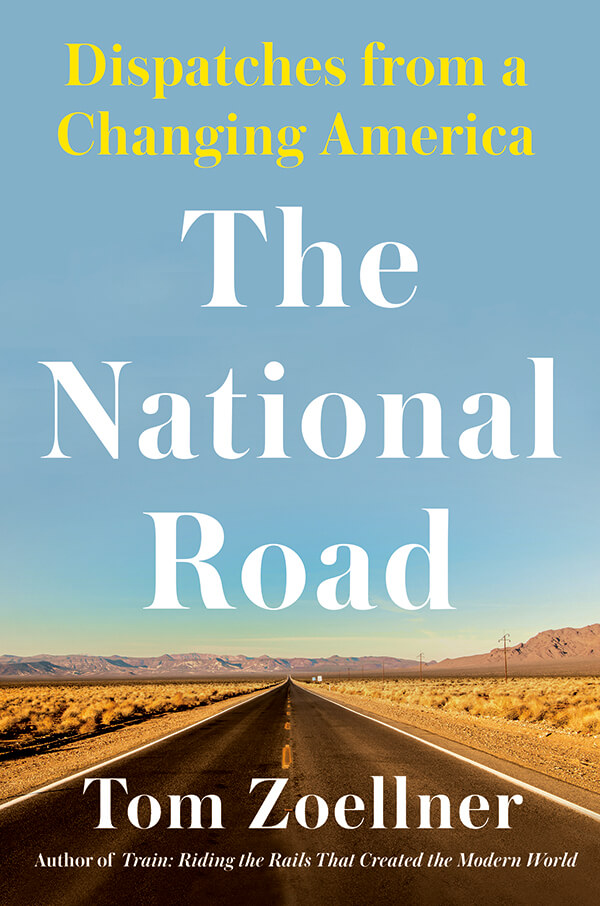
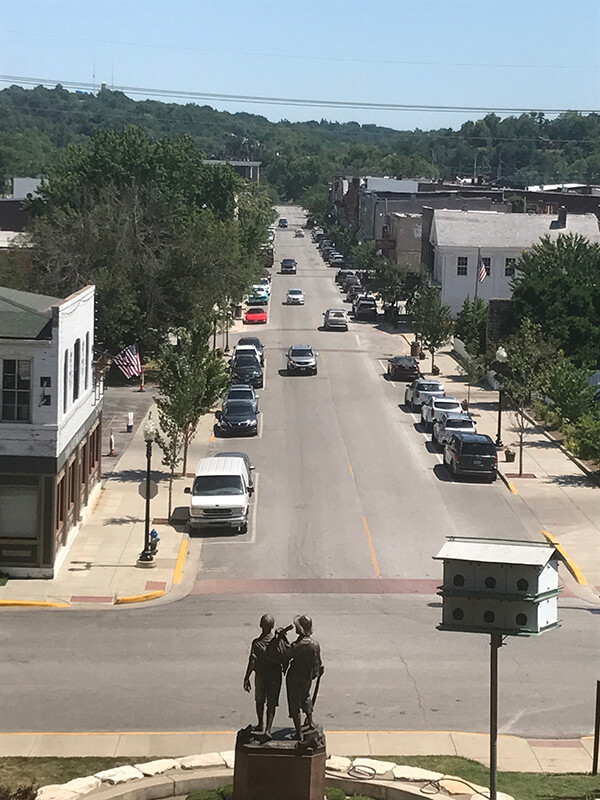
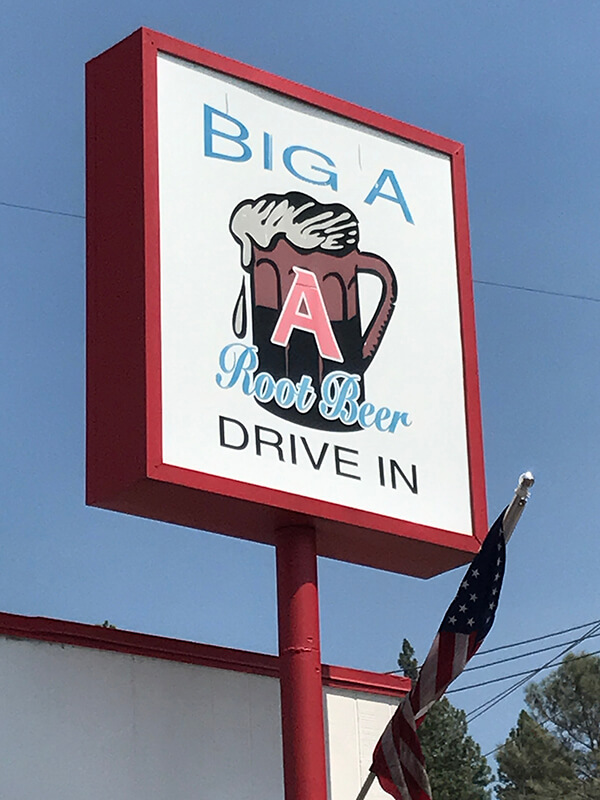
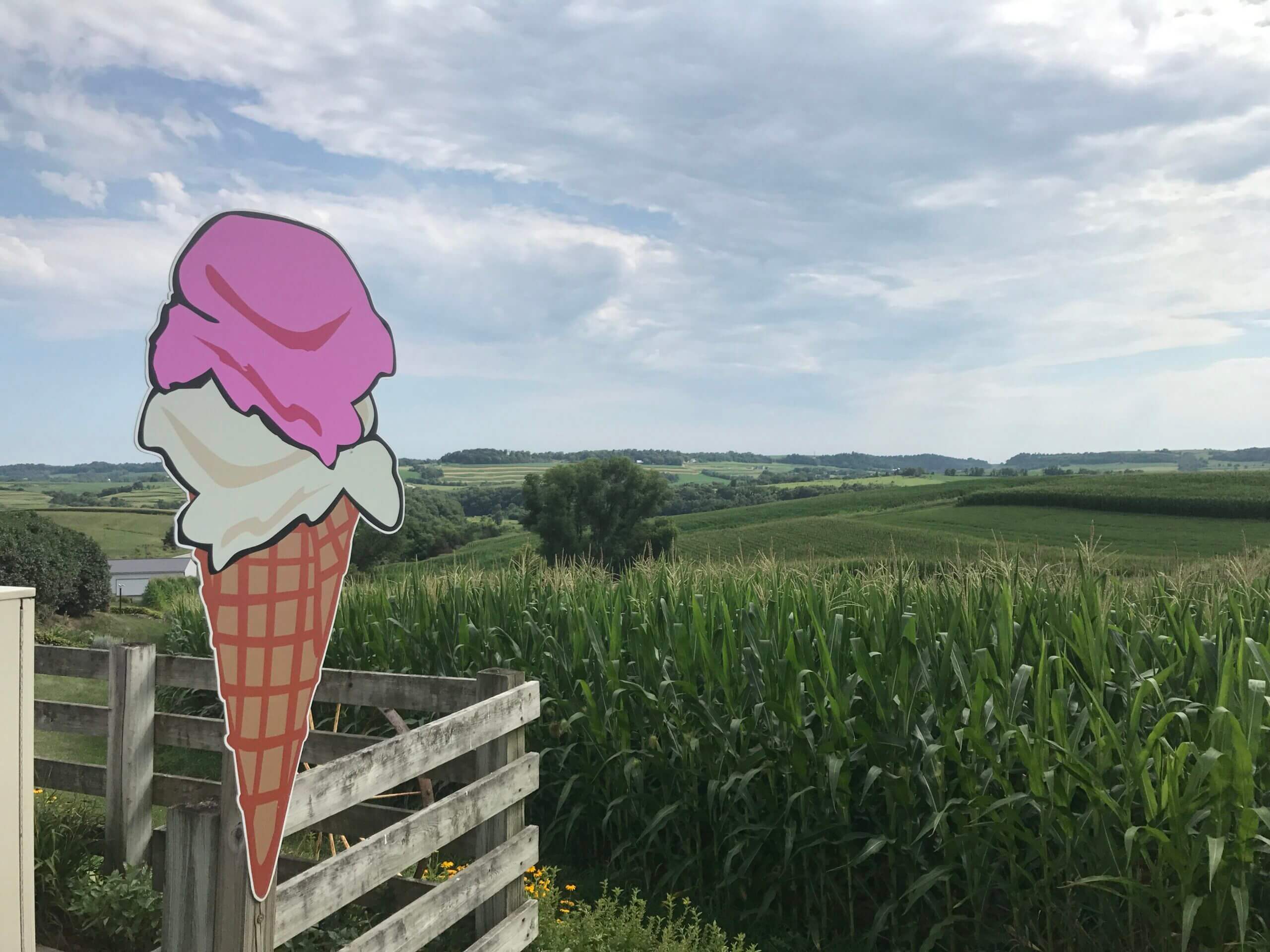
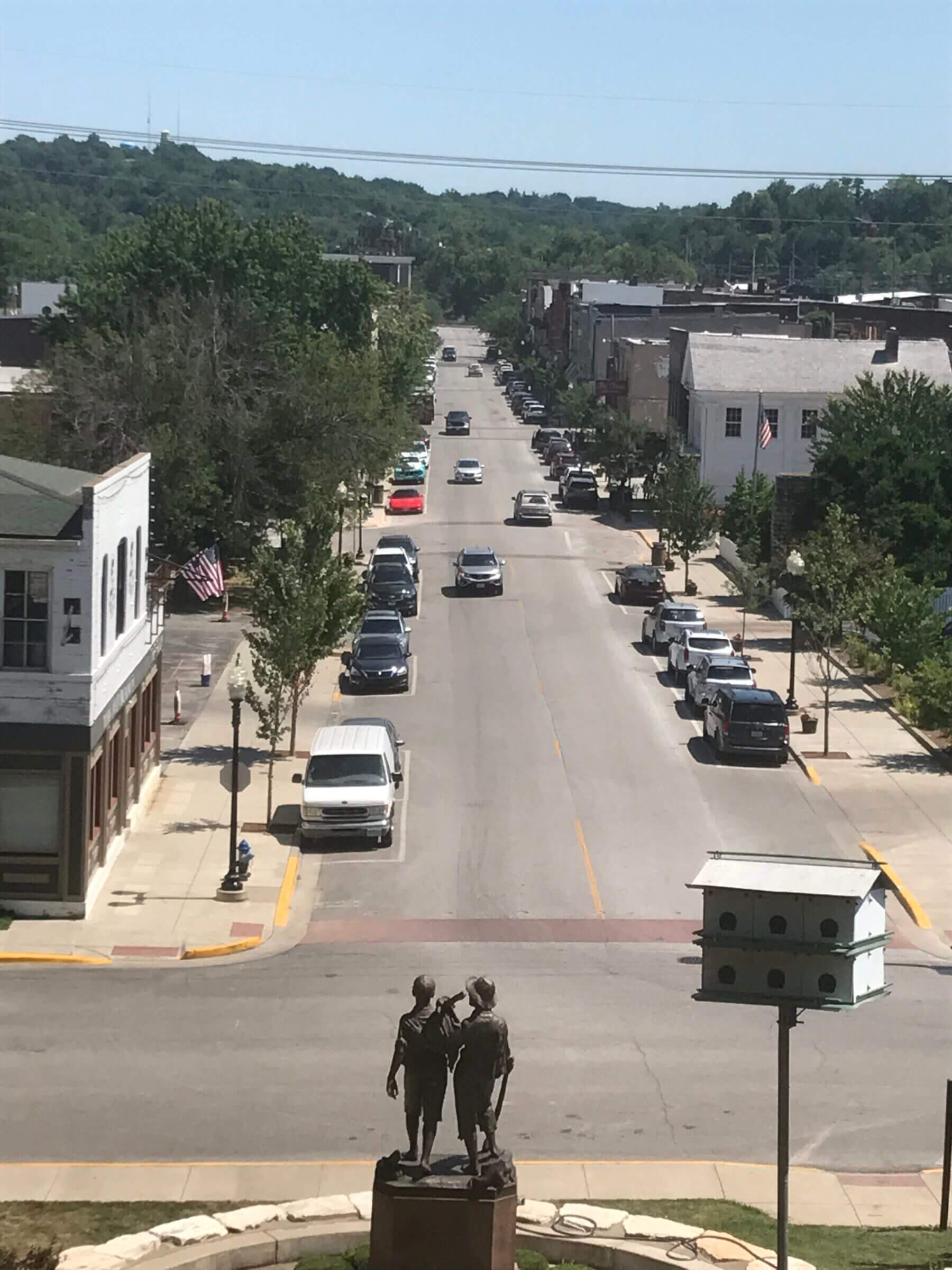
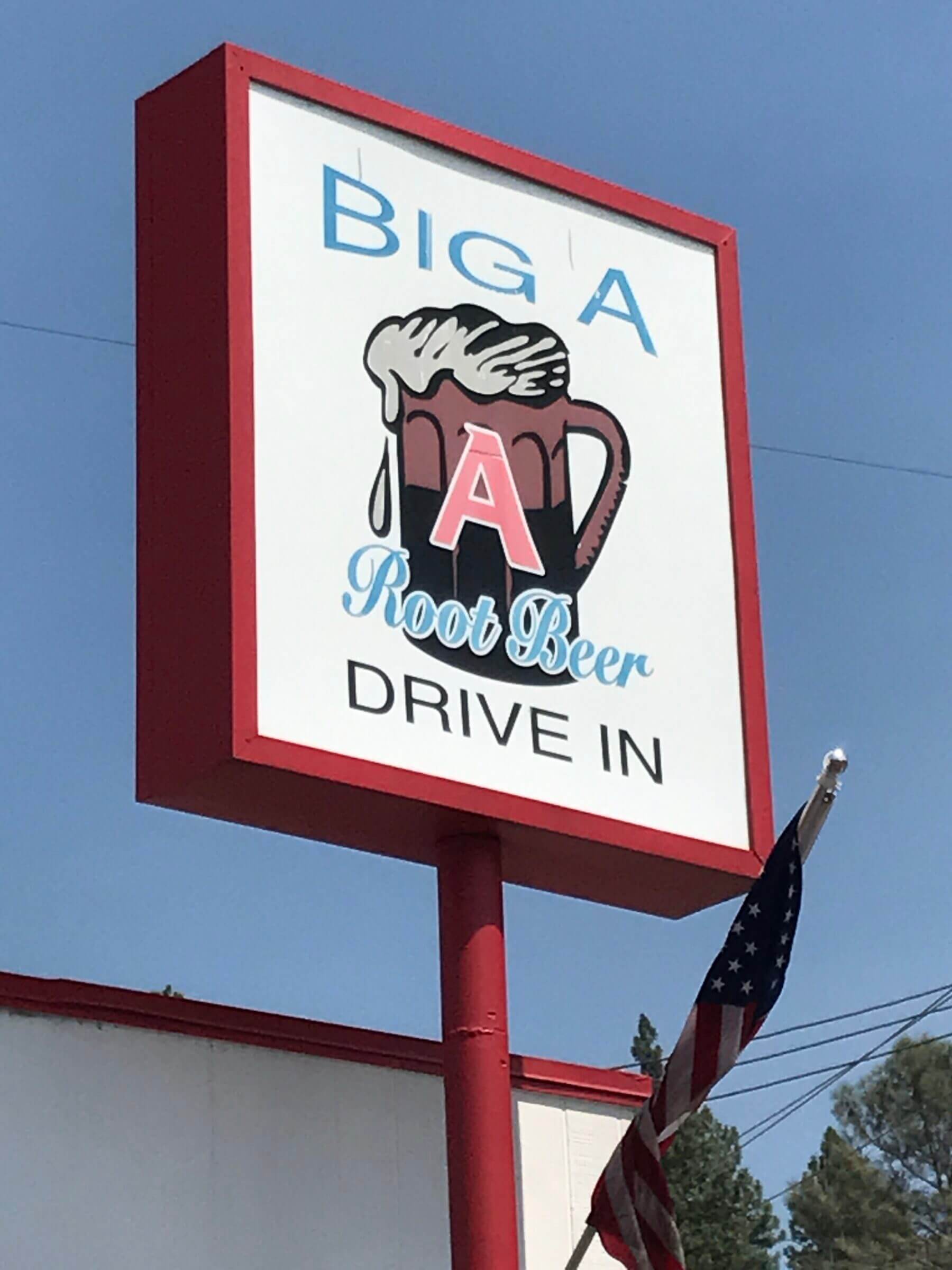
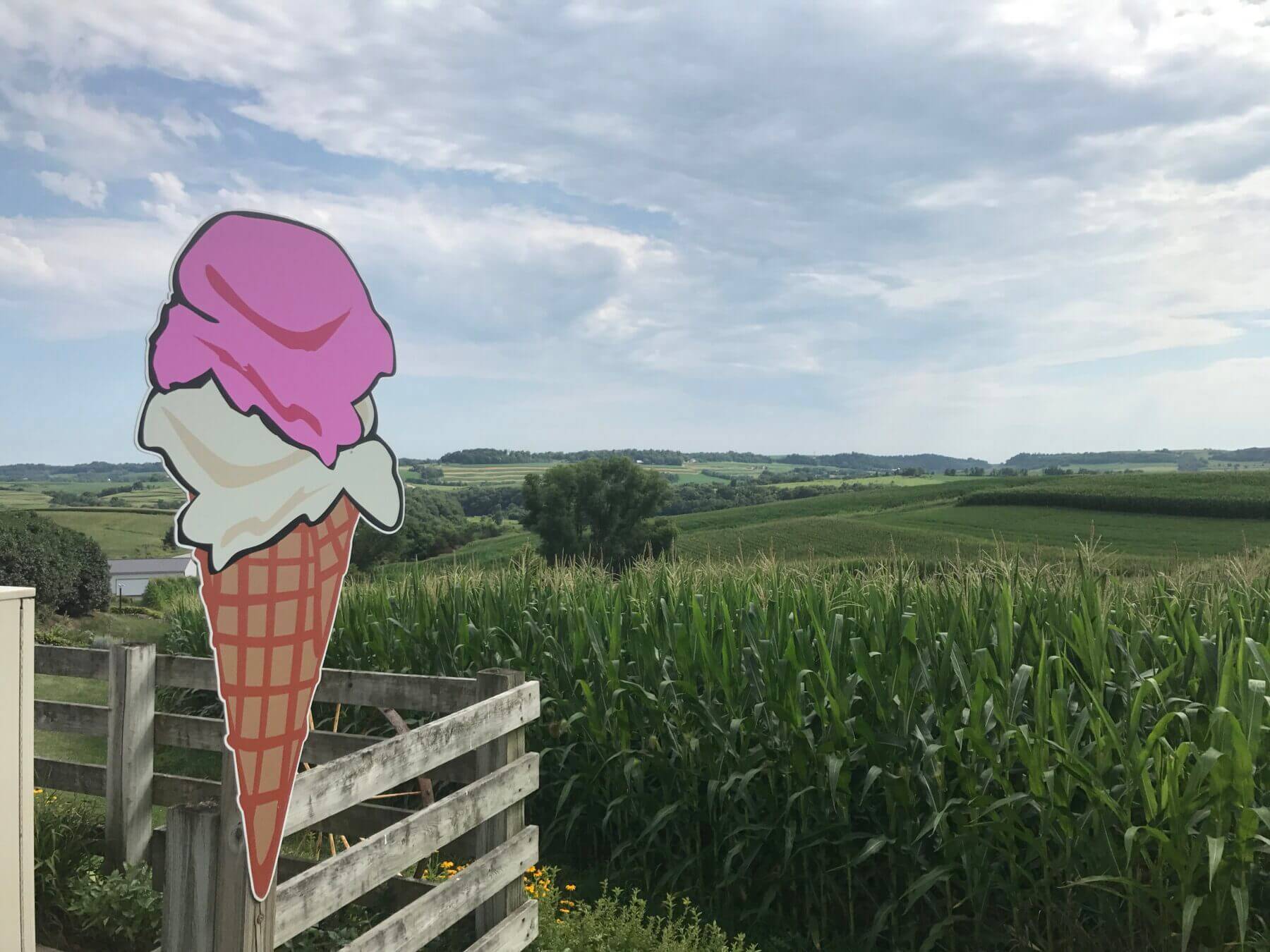












There is apparently a lot to realize about this. I suppose you made certain good points in features also.
I was reading through some of the posts and I identify them to be plumb interesting. Although my English is not exactly the best. Would there be anyway to translate this into my vernacular, Spanish? It would in reality help me a lot, since I could approach the English interaction to the Spanish language.
This lack of commitment to any particular place or community is reflected and refracted in this sort of Kerouacian “On the Road” mythologizing. I find it articulated in Zoellner’s statement, ” I mean, two contrary strands were already living together in our DNA from the start. There’s the culture of Southern plantation gentlemen and the culture of New England Puritanism,” which is singularly and especially a white settler colonial point of view. It immediately Others nonwhites.